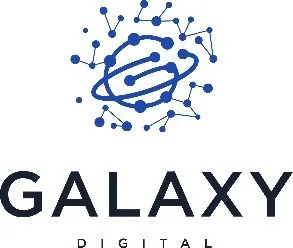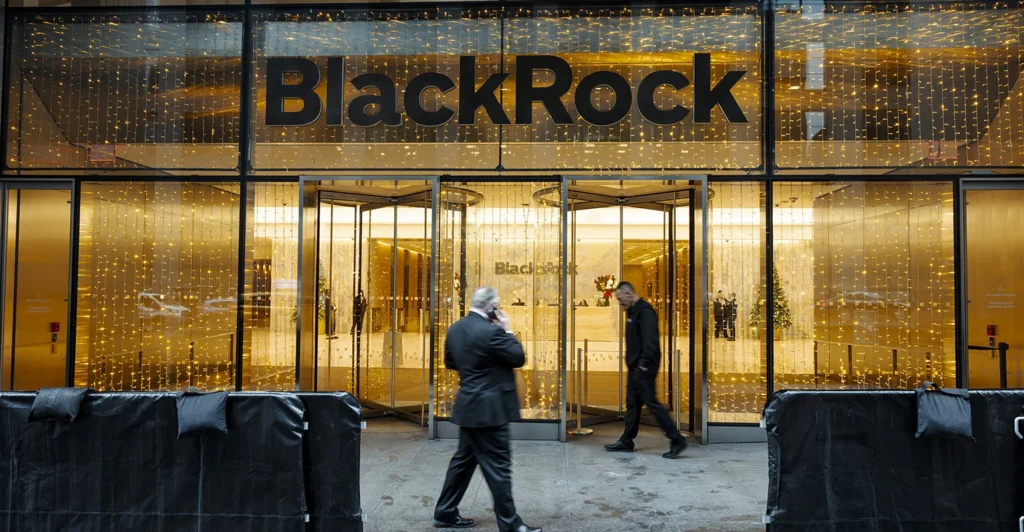Corporate Crypto Quietly Hits $100 Billion in Bitcoin and Ethereum
Let’s cut through the noise for a second — while retail investors debate bull cycles and meme coins, something bigger has been happening behind the curtain. According to Coinpedia and confirmed by TradingView, 160 publicly traded companies now collectively hold over $100 billion in Bitcoin and Ethereum.
Think about that. These aren’t crypto startups or “degen” Web3 projects. We’re talking established firms — from tech behemoths to mining companies — stacking crypto as part of their treasury strategy.
And yet, somehow, the headlines haven’t caught up with the implications. So let’s unpack what’s going on.
Bitcoin and Ethereum Find a Permanent Seat in Corporate Portfolios
There’s no denying it now — Bitcoin and Ethereum have crossed over from speculative edge assets to semi-respectable treasury plays. At least for some.
Public companies like MicroStrategy, Tesla, Coinbase, Galaxy Digital, and Marathon Digital have paved the way. Together, they hold tens of billions in crypto. In fact, as Coinpedia highlights, Bitcoin alone makes up about $84 billion of the total, while Ethereum accounts for just over $10 billion.

Credit from : Galaxy Digital
What’s curious is not just who holds them, but how these assets are being held — not as day-trade fodder, but as long-term stores of value or hedges against fiat depreciation.
Maybe it’s not surprising. Inflation’s sticky, fiat trust is shaky in parts of the world, and let’s face it — crypto, love it or not, is still the only 24/7, borderless financial system out there.
The Ethereum Angle: Utility, Not Just Value
Bitcoin might be hogging most of the value pie, but Ethereum’s relevance is growing in different directions.
As Bankless noted in their recent deep dive — Ethereum’s Decade of Dominance — ETH is no longer just a token. It’s a foundational layer for decentralized finance, tokenized assets, and even institutional infrastructure.

Credit from : Forbes
While Bitcoin serves as digital gold, Ethereum is increasingly seen as digital infrastructure.
Still, ETH’s lower representation on corporate balance sheets suggests one thing: companies are slower to understand utility than they are to embrace value stability. That could change — slowly, or suddenly, depending on future regulatory clarity or tech adoption curves.
Some say the next wave of institutional crypto buys won’t just be BTC-heavy. They’ll be smarter, more strategic, maybe more Ethereum-heavy.
Why Only 160 Companies? And Why That Number Matters Anyway
Let’s do some quick math here. There are over 50,000 publicly listed companies worldwide. So, yeah — 160 holding crypto? That’s less than 0.5%.
But here’s the thing: those 160 hold over $100B in assets. That’s significant not because of how many firms are involved, but because of the size and seriousness of their positions.
Some analysts suggest we’re in the “early adopter” phase of institutional crypto — the part where only the bold or visionary step in, take the heat, and maybe reap the rewards. What happens next? Once reporting standards improve and regulatory gray areas are cleared up, the “early majority” could follow.
Will it be slow? Could be. Or, as we’ve seen before in crypto, things might shift very fast.

Credit from : Money
Bitcoin and Ethereum: Not Just Hype, But Hard Numbers
Let’s not get lost in abstraction. These numbers are real — per data from TradingView and Coinpedia:
- Bitcoin held by public companies: ~$84.5 billion
- Ethereum held by public companies: ~$10.3 billion
- Mixed holdings (BTC + ETH): ~$5.5 billion
The actual number fluctuates day to day, of course. But the broader picture? It shows that corporate crypto adoption is growing, even if it’s not shouting about it on CNBC.
There’s also the fact that most of these holdings aren’t speculative trading assets — they’re locked in treasuries, long-term positions, or custodial vaults. That has effects. Fewer coins in circulation. More floor pressure on price. And greater stability in the face of volatility.
The Accounting Elephant in the Room
Now, for all the momentum — let’s not pretend it’s been a frictionless ride.
One of the biggest thorns in crypto’s side when it comes to public company adoption? Accounting standards.
As things stand, crypto is treated as an intangible asset under U.S. GAAP. That means if the price dips — even temporarily — companies have to write down the asset. But if the price rises? They can’t mark it up unless they sell. Which, let’s be honest, is kind of absurd.
This accounting quirk makes it tricky for CFOs to justify Bitcoin and Ethereum on the balance sheet — even if they believe in the asset class.
Still, despite this? Companies are buying anyway. That should tell you something.

Credit from : Lumen
Institutional Confidence or FOMO in Disguise?
Some skeptics might say this is just FOMO with a blazer and quarterly reports. Others argue it’s a smart move — a signal that Bitcoin and Ethereum have matured enough to act as alternative reserves.
There’s probably truth in both views.
But either way, it’s clear that these assets are now part of the broader financial conversation. BlackRock’s interest, Fidelity’s offerings, the ETH ETF rumblings — they all hint at a world where crypto isn’t “optional” anymore for serious players. It’s something you either engage with… or risk falling behind.

Credit from : Wealth Management
Final Thoughts: Bitcoin and Ethereum Have Crossed the Corporate Rubicon
Whether you love crypto or eye it with skepticism, it’s hard to ignore the shift. Bitcoin and Ethereum aren’t just held by early adopters or tech bros anymore — they’re sitting on corporate balance sheets across continents.
Sure, 160 companies isn’t a tidal wave. Not yet. But if $100 billion can be quietly locked in by that small a group — imagine what happens when the next 500 companies get off the sidelines.
Some say this is the moment the floodgates crack open. Others think it’s just another hype cycle. But either way, one thing feels pretty certain:
Bitcoin and Ethereum have made it to the boardroom — and they’re not leaving anytime soon.



